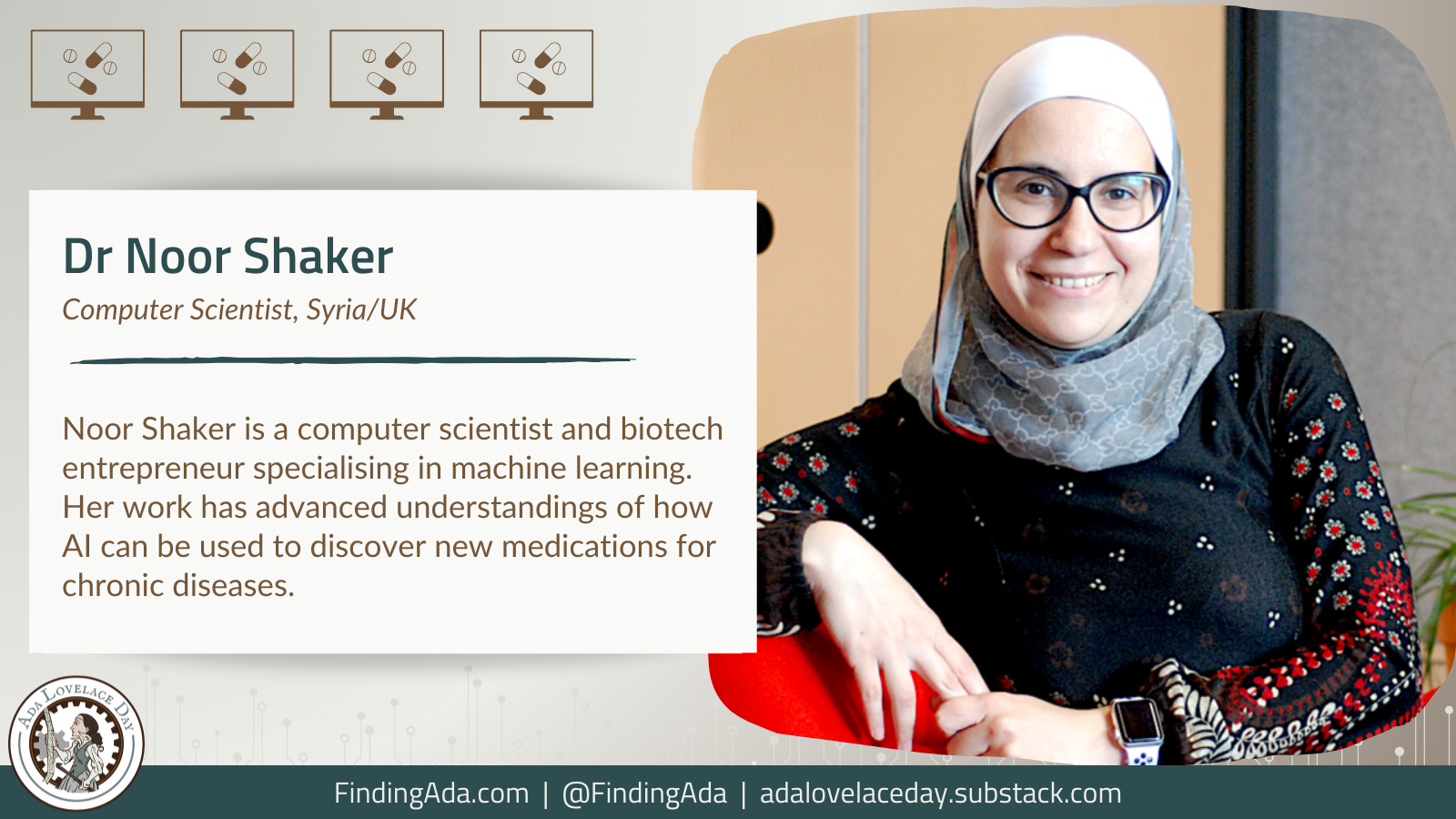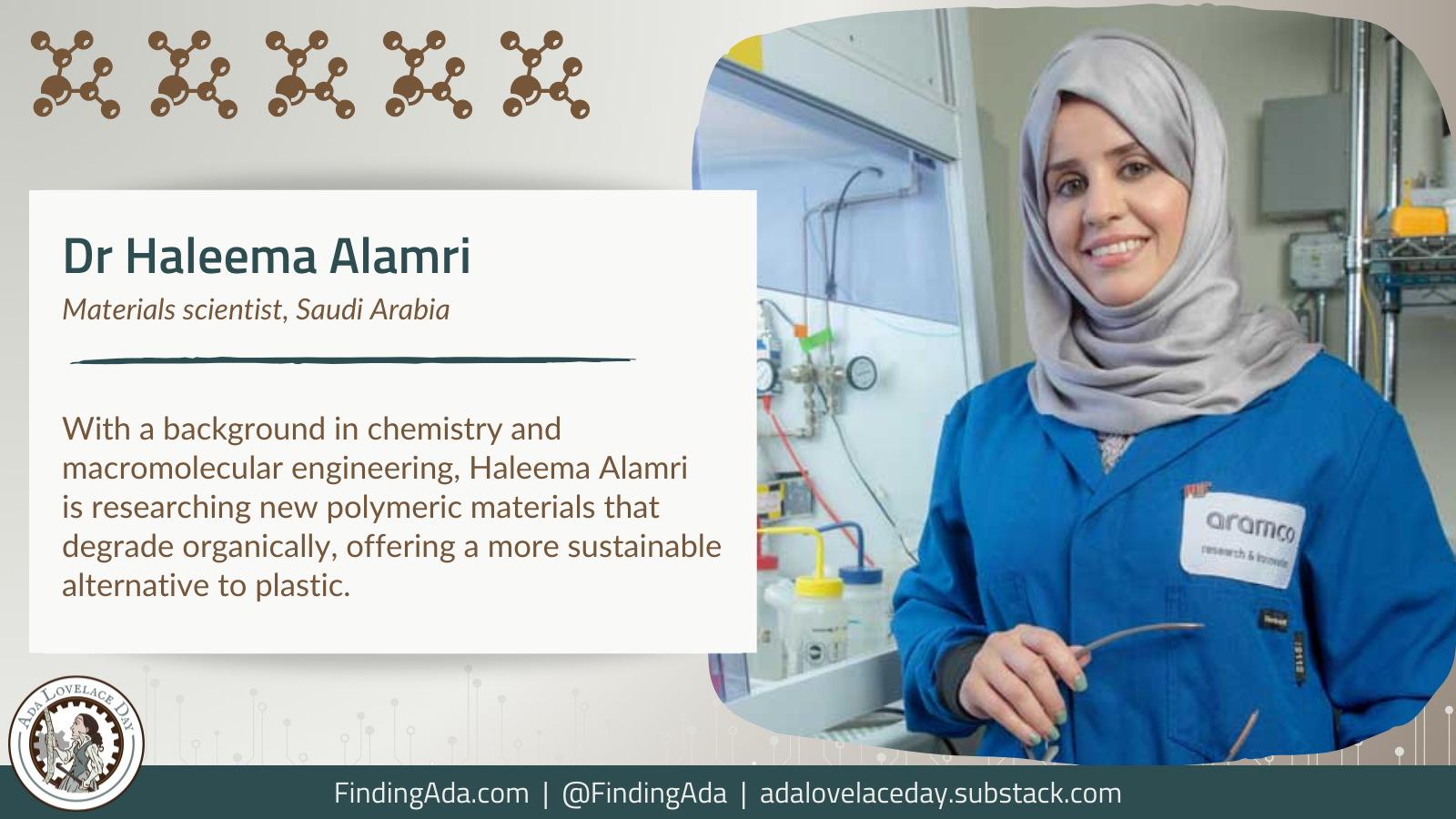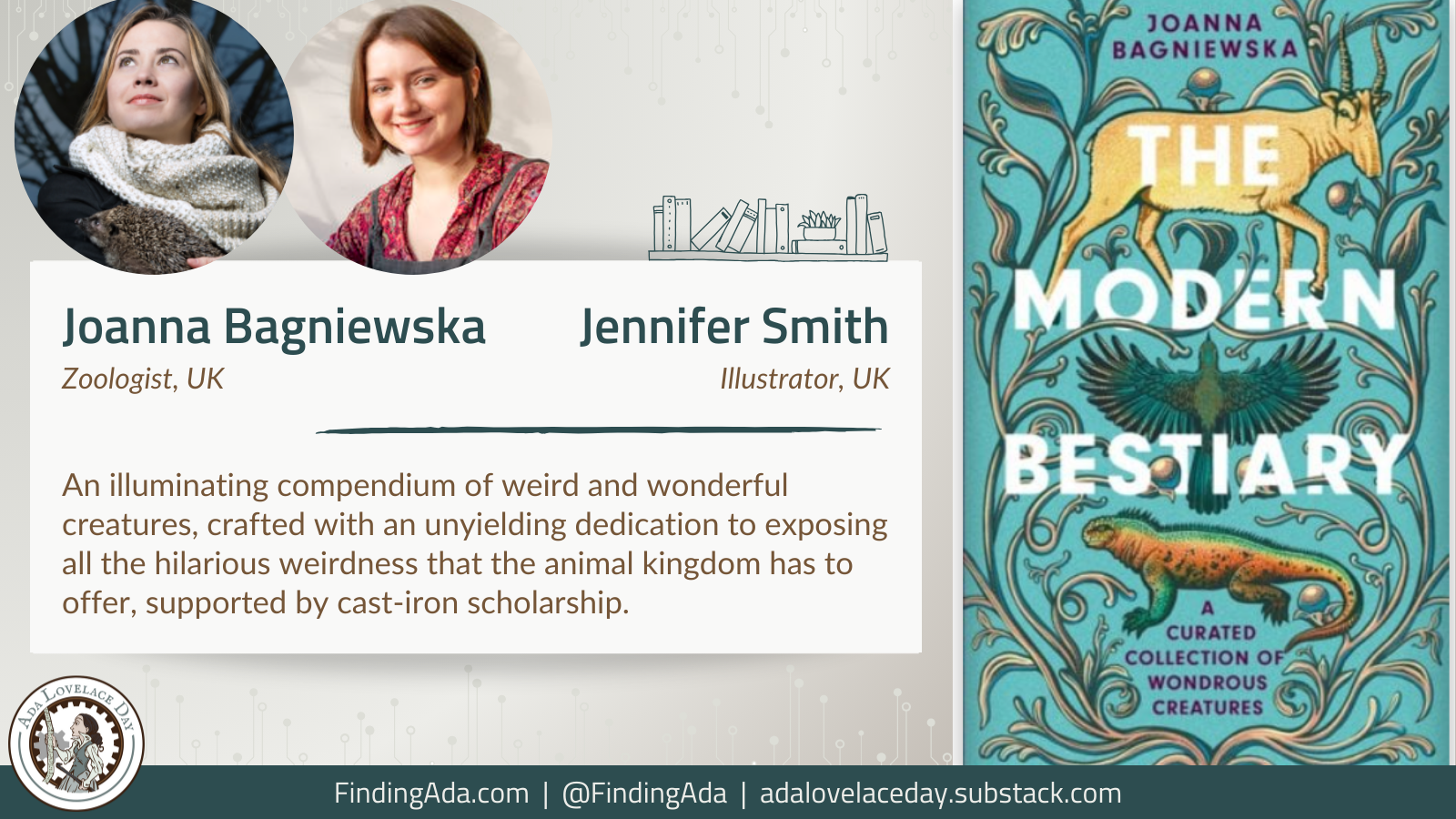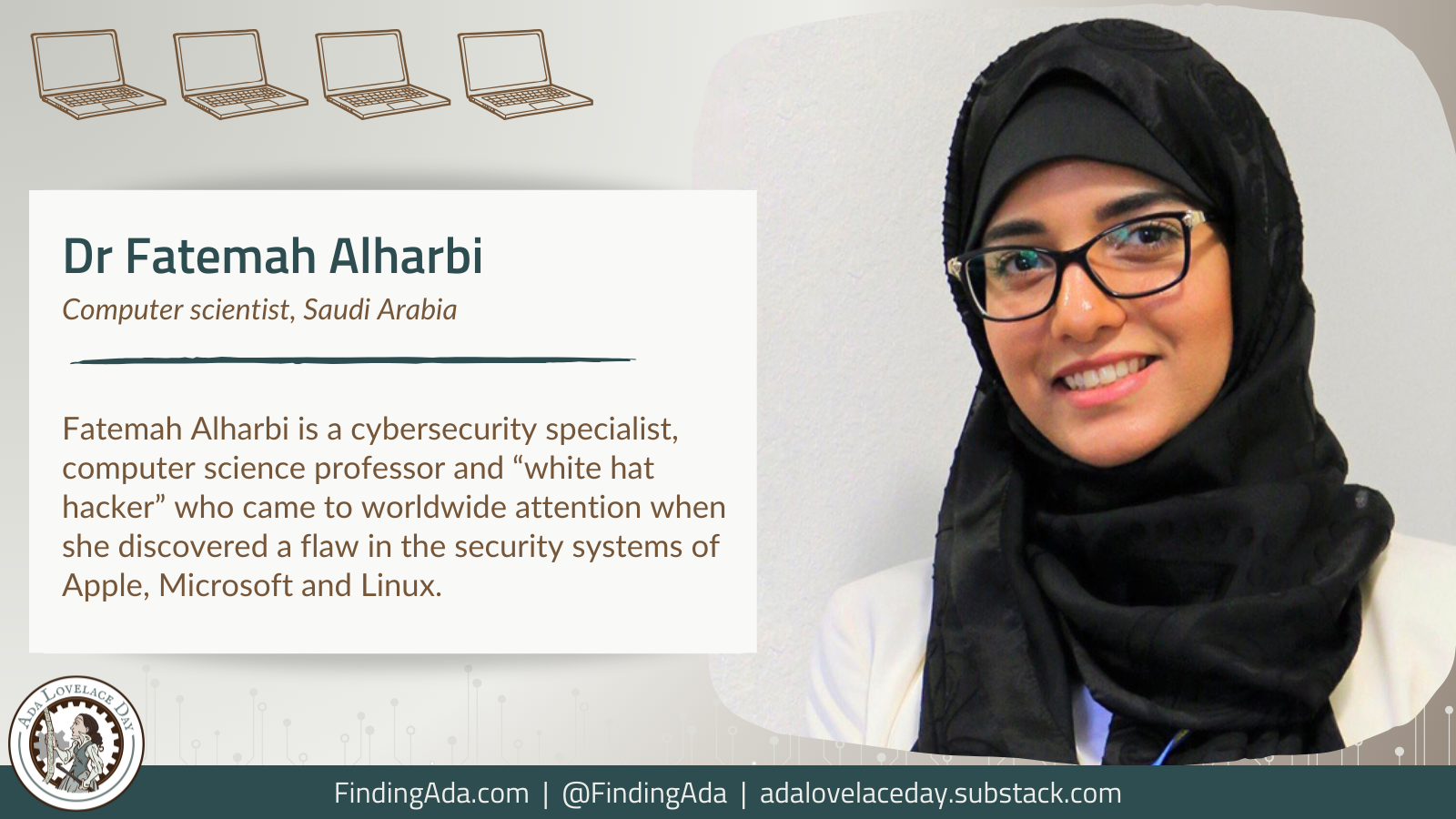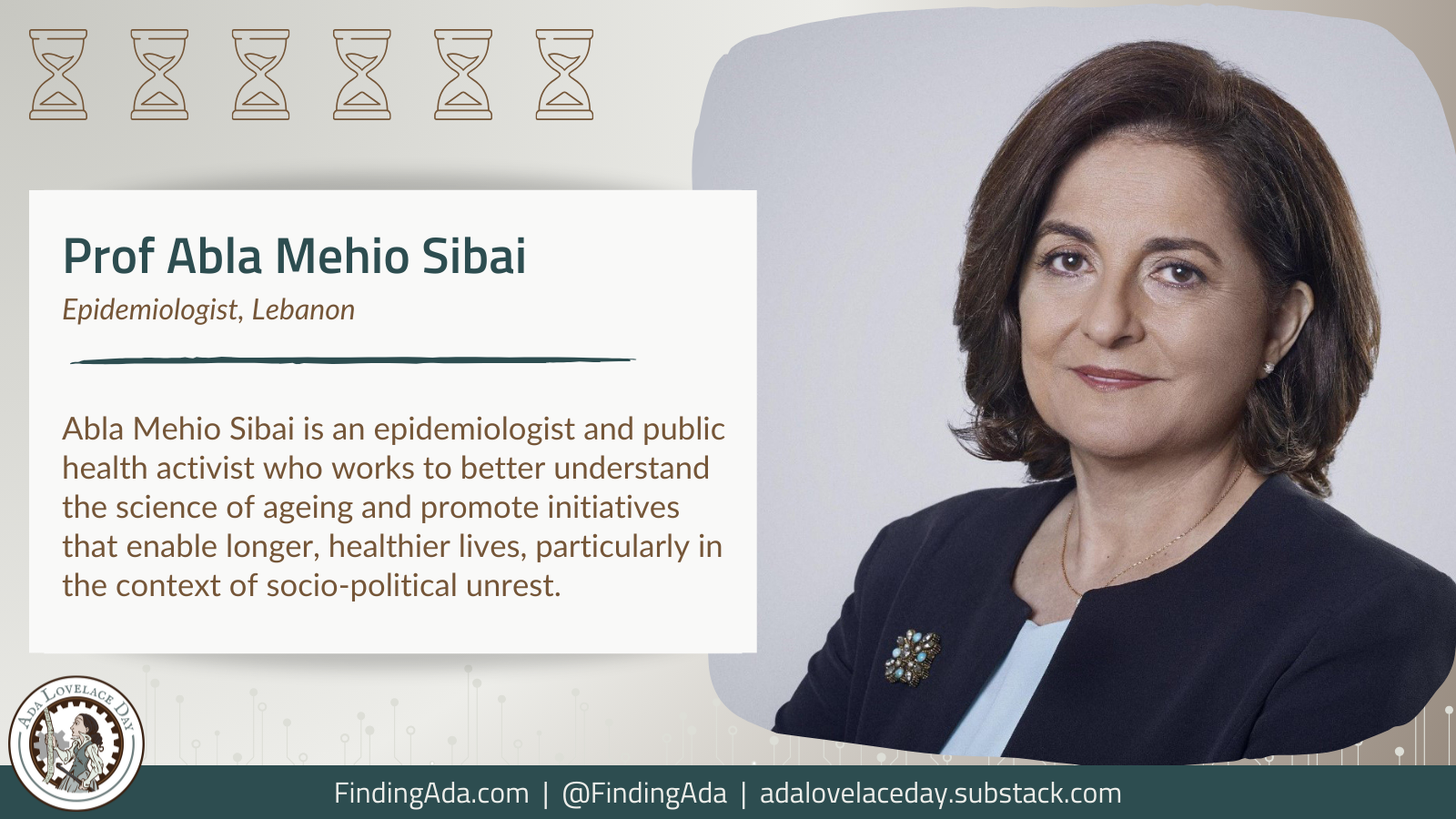Dr Noor Shaker
Dr Noor Shaker, نور شاكر, is an award-winning Syrian computer scientist and biotech entrepreneur. With multiple patents and businesses to her name, her research focuses on how artificial intelligence (AI) can help cure chronic diseases by discovering new drugs faster and more effectively than humans. She has described herself as “passionate about data and pushing the boundaries for what is possible with AI”.
Born in Syria, Shaker studied computer science at the University of Damascus. Motivated by the accurate belief that AI technology would play a pivotal role in “what the world would look like in 10 or 20 years”, she chose to major in artificial intelligence studies. A master’s in Belgium came next, followed by a PhD and a postdoc in machine learning at the IT University of Copenhagen. In 2016, Shaker was appointed assistant professor at Aalborg University in the Danish capital, where she researched the use of machine learning in affective computing.
During her time in academia, Shaker produced more than 50 papers and co-wrote a textbook on generative methods. However, in 2017, she left her university post behind to move to London and co-found GTN Ltd (Generative Tensorial Networks). This startup aimed to use AI and quantum computing to discover new medications by identifying effective but previously untested combinations of drug molecules. The company’s overall goal was to develop new medicines that could reverse once-incurable neurological diseases, while halving the time it took to bring a new drug to market.
Business success is no more guaranteed than scientific breakthroughs, and GTN Ltd entered liquidation as the Covid-19 pandemic hit in March 2020. Undeterred, Shaker founded another London-based start-up that same year, aiming to use AI to make drug discovery faster and more effective by blending experts’ chemistry knowledge with advanced machine learning. Before being acquired by the US company X-Chem in 2021, the company collaborated on research with universities including King’s College London and Cardiff University.
Shaker is currently a senior vice-president and general manager of X-Chem’s London office. A regular speaker at AI events, she also sits on AI and diversity advisory boards for several organisations and universities, including Artificial Intelligence and Informatics at the Rosalind Franklin Institute.
In 2018, Shaker was named one of MIT Technology Review’s Innovators Under 35 and received a CogX UK Rising Star Award from then Prime Minister Theresa May. Other accolades include being named one of the BBC 100 Women in 2019; one of the Top 100 Asian Stars in UK Tech 2021; and a winner in the Artificial Intelligence Excellence Awards program from Business Intelligence Group in 2022.
You can follow her work here:
Twitter: @noorshak
Further Reading
- Noor Shaker, Wikipedia
- X-Chem’s Noor Shaker Awarded for Achievements in AI for Drug Discovery, Business Wire, 30 March 2022
- London-based GlamorousAI secures £440k grant funding from Innovate UK, GlamorousAI, 8 April 2021
- Making Your Research Matter — Noor Shaker, Nasos Papadopoulos, Entrepreneur First on Medium, 29 April 2019
- AI and quantum physics are searching for life-saving drugs, Matthew Green, Wired, 15 August 2018
Written by Moya Crockett, with thanks to Stylist for their support.
